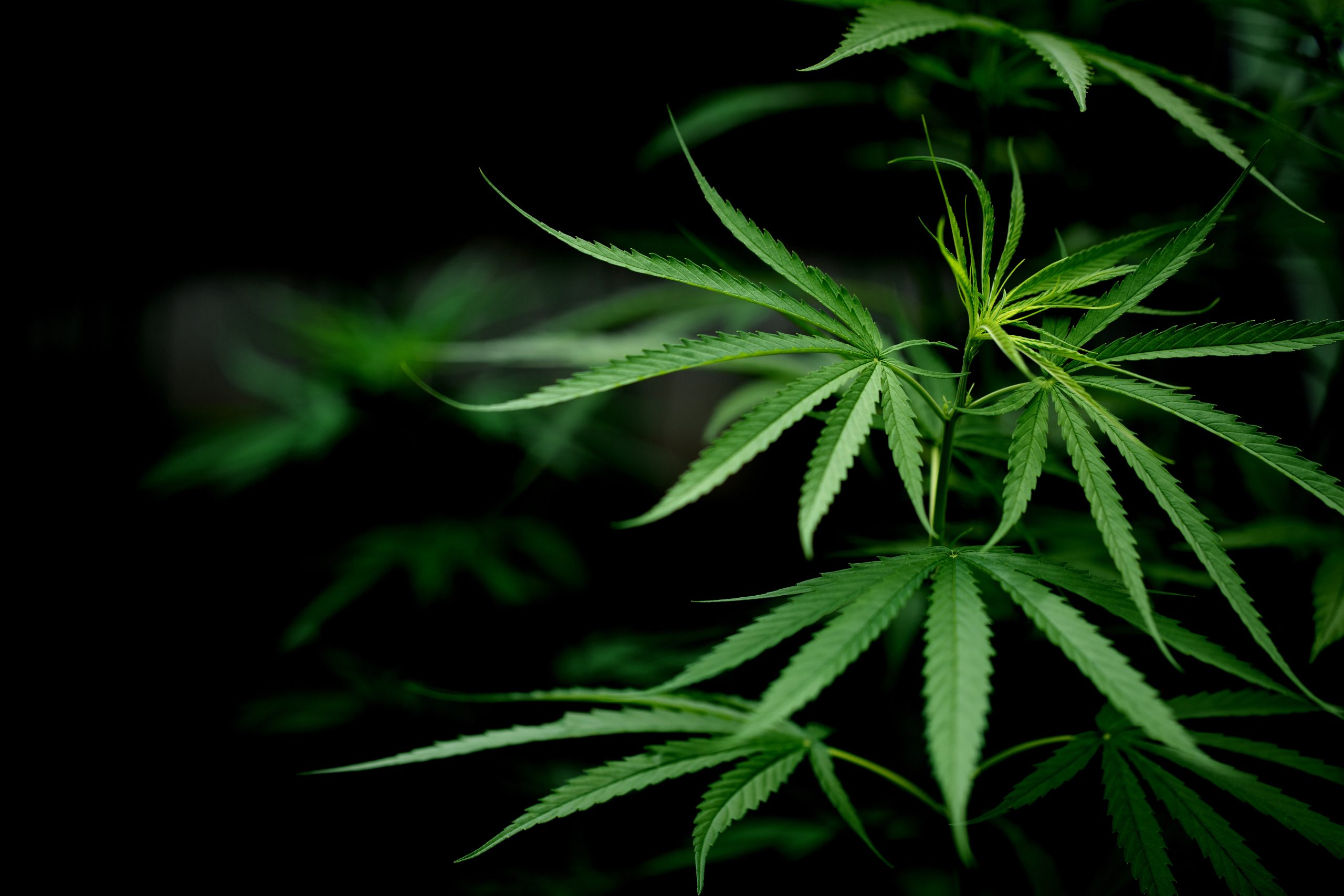Delta-8 has become popular recently as consumers look beyond delta-9 and CBD for cannabinoid products, especially in states where marijuana is not legal.
What is delta-8?
Delta-8 is a cannabis compound that has a similarity to delta-9 THC, the main compound in cannabis that produces a high. The similarities between the two cannabinoids is in their chemical structures and names. THC’s scientific name is delta-9-tetrahydrocannabinol, or delta-9 THC or just delta-9. Delta-8 is short for delta-8-tetrahydrocannabinol, or delta-8 THC. Delta-8 can produce effects like regular delta-9 THC, but they are much less potent.
Delta-8 products can create problems with some of our markets in getting cannabis risks written. While these products are technically legal under the 2018 Farm Bill, their legality is still hazy because, even though they are below the .03% limit, the chemical compounds in these products can still produce a high. Additionally, since delta-8 can be extracted from either hemp or cannabis, it is legal in states where delta-9 THC is illegal – sometimes. Nearly all delta-8 THC on the market today is manufactured from hemp-derived CBD, which makes it, in theory at least, part of a federally legal chain of origin.
As a result, some states have outright outlawed these products, despite marijuana being legalized. New York has outlawed smokable delta-8 products, but not gummies. Arizona has outlawed it in general. So why is delta-8 outlawed in some states, but cannabis is not? The main reason is because of the chemical process used to create the product; as well as because in some states, you only have to be 18 to purchase delta-8, whereas the legal age to purchase cannabis is 21.
How does this affect premium?
Any of the delta products limit our marketplace and create a higher minimum premium. For example, if we see a CBD retail shop where the minimum premium starts at $2,500. If that CBD shop sells delta-8 products, the minimum premium could go up to $5,000 or even $7,500!
Ironically, marijuana businesses are a lot easier to write because they are so much more regulated than delta-8, hemp and CBD businesses
With global cannabis sales expected to increase from $13.4B in 2020 to $33.6B by 2025, this industry is one that your agency may start to see. We have markets for the following classes: LRO, dispensaries, grow operations, processing operations – extraction, testing labs, bakeries, greenhouses (limitations), plant coverage (for plants grown indoors only). We can go up to $15M property TIV on cannabis risks and $25M TIV on hemp/CBD risks. We also have GL options available with max limits of up to $10M, depending on the class.
Regardless of if your client is selling delta-8, delta-9, CBD or hemp, we are here to help you navigate this rapidly changing industry. Give us a call, and we can help you find the right solution.
